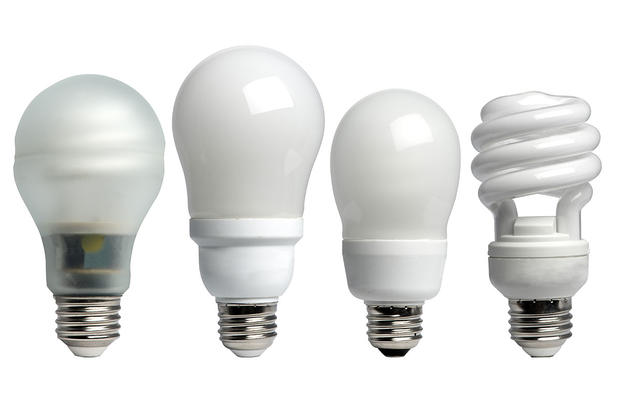The average American home will spend $990 on heating this year, according to the Energy Information Administration (EIA). Add that to the rising costs of food, clothing, and travel, and almost every individual and family will feel the pinch.
Fortunately, you can make your utility bills more manageable. Many steps to reducing your bills apply to everyone, even those living in barracks. And even if your utilities are currently paid as part of your rent, pay attention: By 2010, only 10 percent of military personnel will live in government-owned residences, and many private or service-owned residences require residents to pay their own utility bills, reports the EIA.
1) Turn down the heat. Much as we love a cozy home, lowering the thermostat will instantly lower your bill. The EIA says projects that for every degree you lower your heat, you can cut your heating costs by as much as 5 percent. At night, or when you are away, lower the temperature as far as possible while protecting your health and the safety of your pipes. Bundle up with a throw on the sofa, get some warm slippers, and wear a sweater or fleece. If necessary, stay cozy at night with an electric blanket, which uses less energy than heating the entire home or apartment.
2) Program the temperature. Make furnace settings automatic by installing a programmable thermostat. These devices cost about $40 and are simple to install.
3) Replace light bulbs. Replace traditional incandescent bulbs with compact fluorescent lights (CFLs) to save about 50 watts per light bulb and make a significant difference on utility bills. They do cost more to purchase, but they pay off over the life of the bulb. If you move frequently, you might want to keep the old bulbs to leave behind in the fixtures while taking your investment in bulbs with you.
4) Cut laundry costs. Wash clothes in cold water -- they will last longer and still get clean while saving energy. Hang clothes to dry, either outside or on a line in a garage, bathroom or spare room. If you do use the clothes dryer, try to use an Energy Star certified model, and be sure to clean the lint filter before every use to maximize air circulation.
5) Insulate. Carefully inspect your home for drafty spots where cold air can enter. The most common culprits are doors and windows. Install weather stripping and door sweeps to block drafts. Add old-fashioned "draft dodgers" for a quick fix at exterior doors. Other common areas for air leaks are locks, outlets, air conditioning units and recessed light fixtures. Cover outside vents, including air conditioning units. If possible, install insulated electrical outlet boxes and light fixtures. The Energy Star program offers a free guide to home insulation.
6) Use the sun. The sun is a great source of natural energy. Taking small steps such as opening the drapes to let the sun's warmth in during the day, and closing them -- or install insulating drapes -- to keep heat in at night will make substantial differences in your heating bill. Leave lights off if sunlight provides enough light by which to read, shower, cook or eat.
7) Choose budget billing. Consider contacting your utility provider to ask about billing a set amount each month. Called "budget billing" by some utilities, the company averages your annual utility bills and bills one-twelfth of the amount each month. Bills usually will be slightly lower in the winter and summer and slightly higher in the spring and fall. Most importantly, the bill will be a predictable amount each month to simplify budget planning. (Those in Service-provided housing might already have this feature on their bill.)
If you find you can't pay your utility bill, get help. Many states offer programs to help people keep the utilities on when they have trouble paying the bills. Contact your utility company to learn about its plan, and be sure to mention that you are a military family. For instance, Ohio's Patriot Plan is based on a law that states that utilities can't be disconnected for nonpayment for any military reservist or National Guardsman deployed on active duty. In an emergency, organizations such as the Salvation Army might be able to help.
These actions share one common feature: The No. 1 action you can take to rein in your utility bills is to pay attention to the energy you use, and try to use only what you need. When you use utilities carefully, you'll be able to reduce your bills, while still enjoying the comfort of your home, while you're in the Service and beyond.
For more money-saving tips, visit Military.com's Finance channel.




